Connect with us
Published
2 years agoon
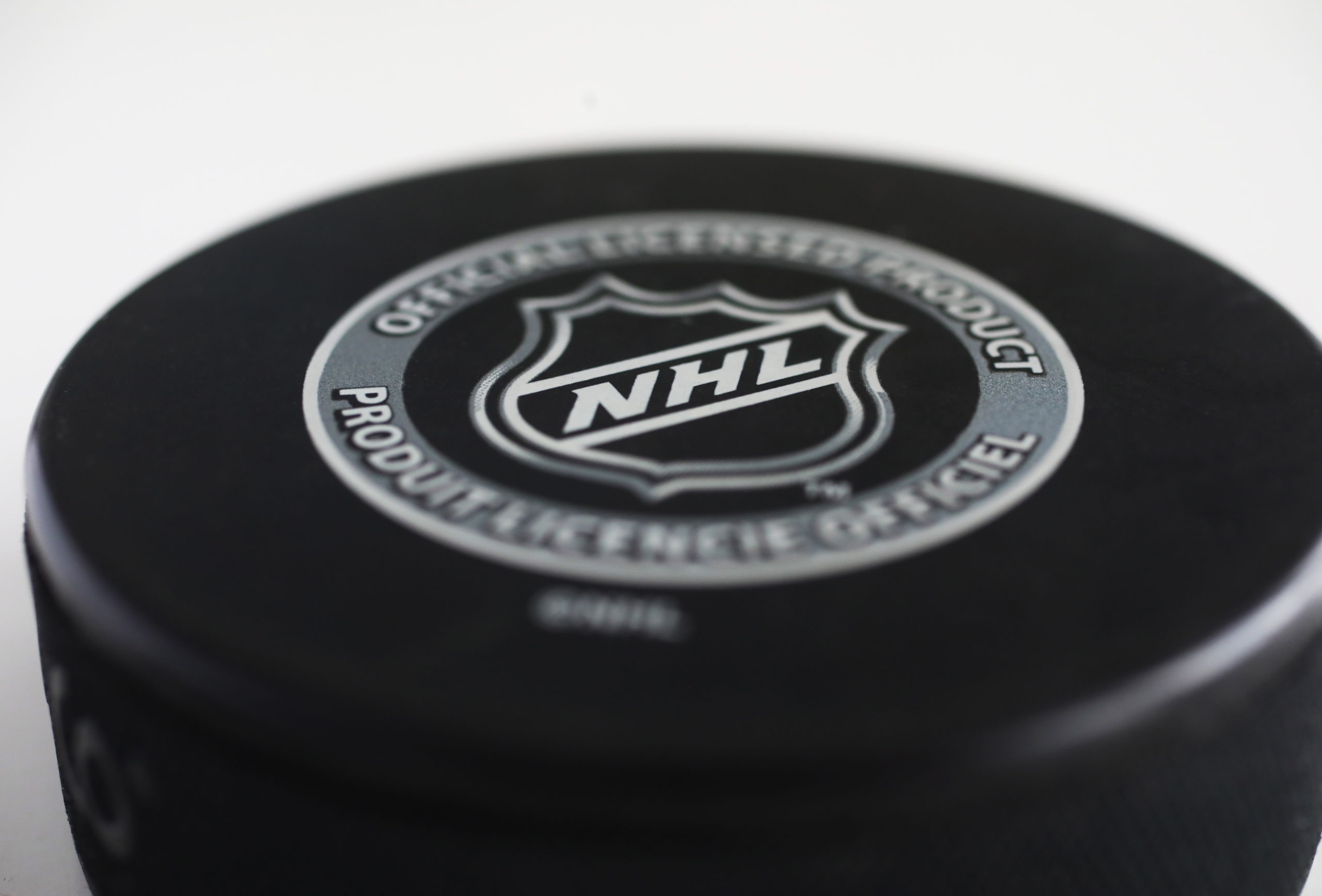
It looks like the trend of retired athletes entering the cannabis space is still going strong, as hockey legend Brett Hull becomes the latest retired pro-athlete to embrace the plant medicine’s budding legal marketplace.
The 58-year-old Hall of Famer spent most of his career with the St. Louis Blues. Years after retiring in 2005, he teamed up with former Blues players Kelly Chase and Barret Jackman to launch Hippos dispensary in Missouri. Hull now has a medical cannabis strain named for him, “Brett Hull No. 16,” and the opening of Hippos’ third retail location was also announced last month.
Hull talked more about his experience with cannabis and entering the business with The Athletic. He said he personally was “very lucky” to retire with few injuries, though he references a number of athletes he knows that have faced much worse over their careers. Ultimately, he said that CBD and THC can alleviate that pain and keep folks from relying on opioids.
“I knew guys were taking painkillers, but you really have no idea how many,” Hull said. “You don’t know if they’ve become addicted and need them to continue to play and have no pain. It was really eye-opening to me to see the number of people that had to go through it—and not only athletes but just people.”
Hull said that his eyes were opened when he found out about the medicinal benefits of cannabinoids, and he believes ignorance is the major factor keeping people from embracing the plant medicine’s benefits. He also said he never had any hesitance to embrace cannabis as a high-profile public figure, citing that there is “so much good” in cannabis and supporting its medicinal use was a “no-brainer.”
Regarding the new strain donning his name? Hull called it “very flattering,” especially if the flower has the ability to help medical patients. (The strain also has anti-inflammatory properties, Hull said.)
The sports world is seeing a renewed interest in conversations around cannabis, specifically with some professional sports leagues beginning to relax their stance on cannabis use. Hull said he believes this progress helps to change the overall perception, especially with all the work that goes into creating and updating these procedures.
“Every league is like, ‘We’ve got to do something to get away from opioids for pain,’ and this seems to be the newest and most viable way,” Hull said. “So, they’re going to look at all the things that they can do to get away from having to use painkillers, and that’s why I believe it’s happening.”
Just in the last couple of years, conversations surrounding cannabis and its place in athletics have ramped up significantly. Sha’Carri Richardson made global news after she was unable to run in the Olympics last year for testing positive for cannabis, sparking a debate around whether cannabis is even performance enhancing to begin with.
Other studies have found that mixing cannabis and exercise can boost enjoyment, recovery and motivation. Though, a 2022 study actually found that young women who use cannabis don’t produce as much anaerobic power as non-cannabis users, basically a high-intensity, higher-power version of exercise.
The NHL tests for cannabis, though there is no punishment for a positive test. Should a player have “abnormally high levels” of THC, it’s treated as healthy in a similar way as alcoholism.
The NFL also reduced the testing window from frou months to two weeks of training camp, essentially allowing flexibility for players to use cannabis in the offseason without being punished. The NFL is also spending $1 million in funding to study the effects of cannabis use, specifically regarding its relationship with pain management and neuroprotection from concussion in professional football players.
As a lifelong member of the hockey community, Hull said the overall reaction has been positive and that other athletes understand the need to look into viable alternatives to manage injuries, pain and other symptoms.
“Again, it’s just another benefit of being pain-free without having to do opioids,” Hull said. “This is just scratching the surface, and I think with more experimenting with strains that can help, it’s only going to get better and more specific. I think it’s the wave of the future.”
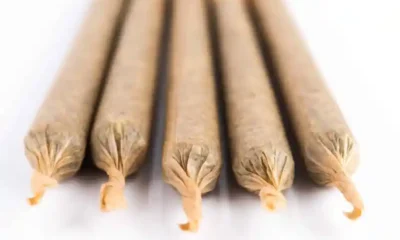

New York Cannabis Control Board Approves 101 New Adult-Use Licenses
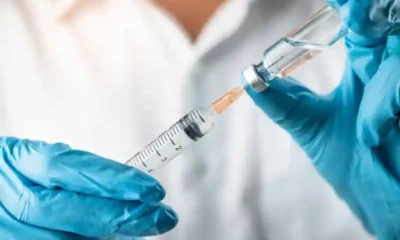

Killer Pharmacist Who Diluted Life-Saving Drugs To Be Freed From Prison
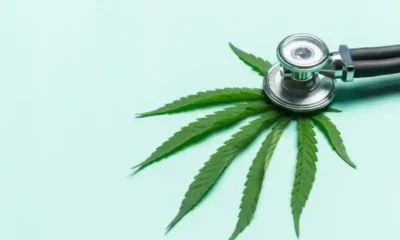

Doctors Join Call To Regulate Intoxicating Hemp Cannabinoids


Is Your Tesla Self-Driving Car Narcing You Out?


Psychedelics Offer Long-Term Improvement in Sexual Functioning, Enjoyment
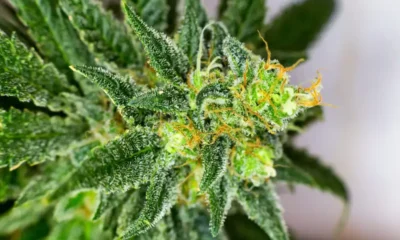

March Marks New High for Cannabis Sales in Michigan
